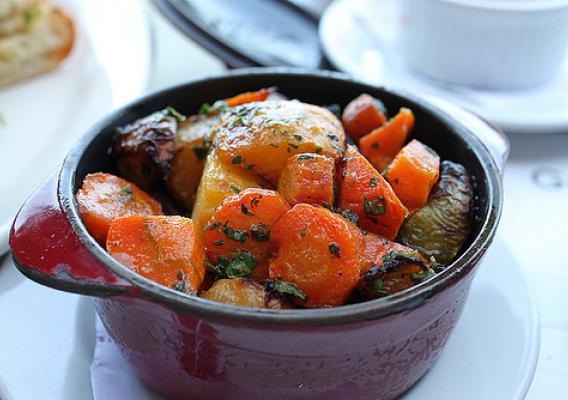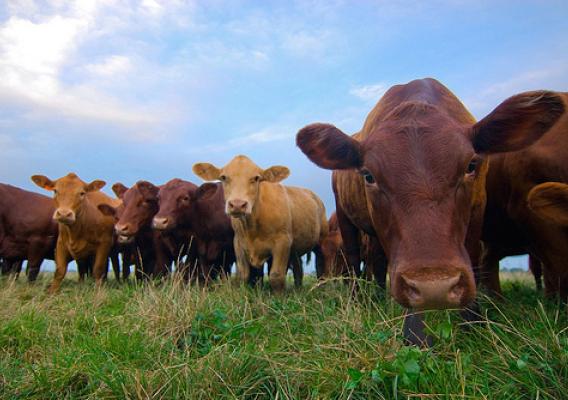Importing foods from abroad can make the holidays more meaningful and fun. But please take care when bringing any food or agricultural items into the United States—whether you’re returning from an international trip or ordering online. The U.S. Department of Agriculture (USDA) restricts or prohibits many foreign foods and agricultural items from entering the United States. Why? They could be carrying pests or diseases that could threaten human health or devastate the environment, crops, agricultural animals, ornamental plants, and gardens.
Invasive pests threaten agricultural jobs and raise our food prices by damaging crops, costing millions of dollars in treatments to farmers and government agencies, and closing foreign markets to U.S. products from infested areas. They also feast on America’s natural resources, disrupting and harming our environment. These pests push out native species that provide food and habitat to wildlife, reduce biological diversity, kill forest trees, place other species at increased risk of extinction, and alter wildfire intensity and frequency.







